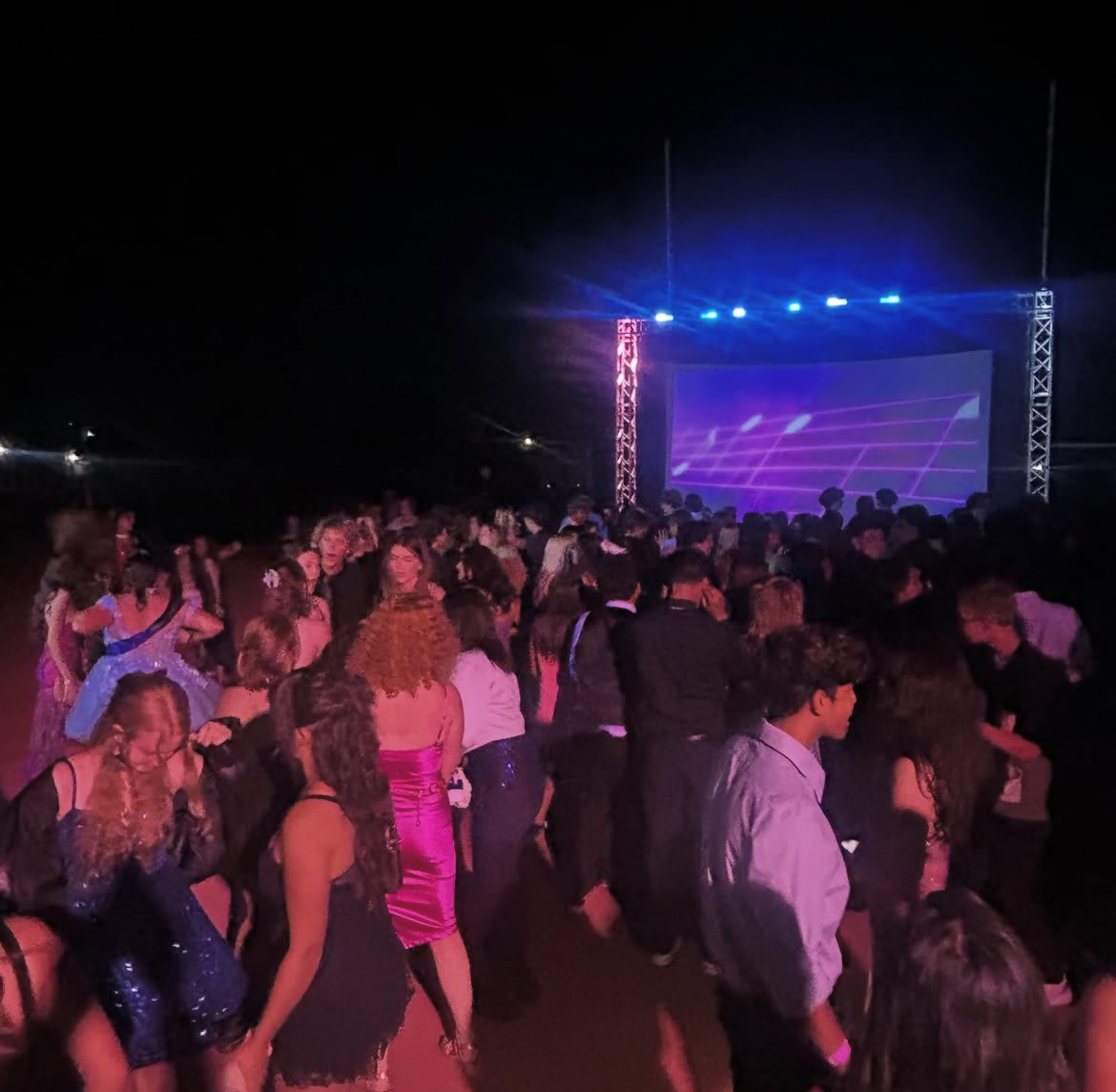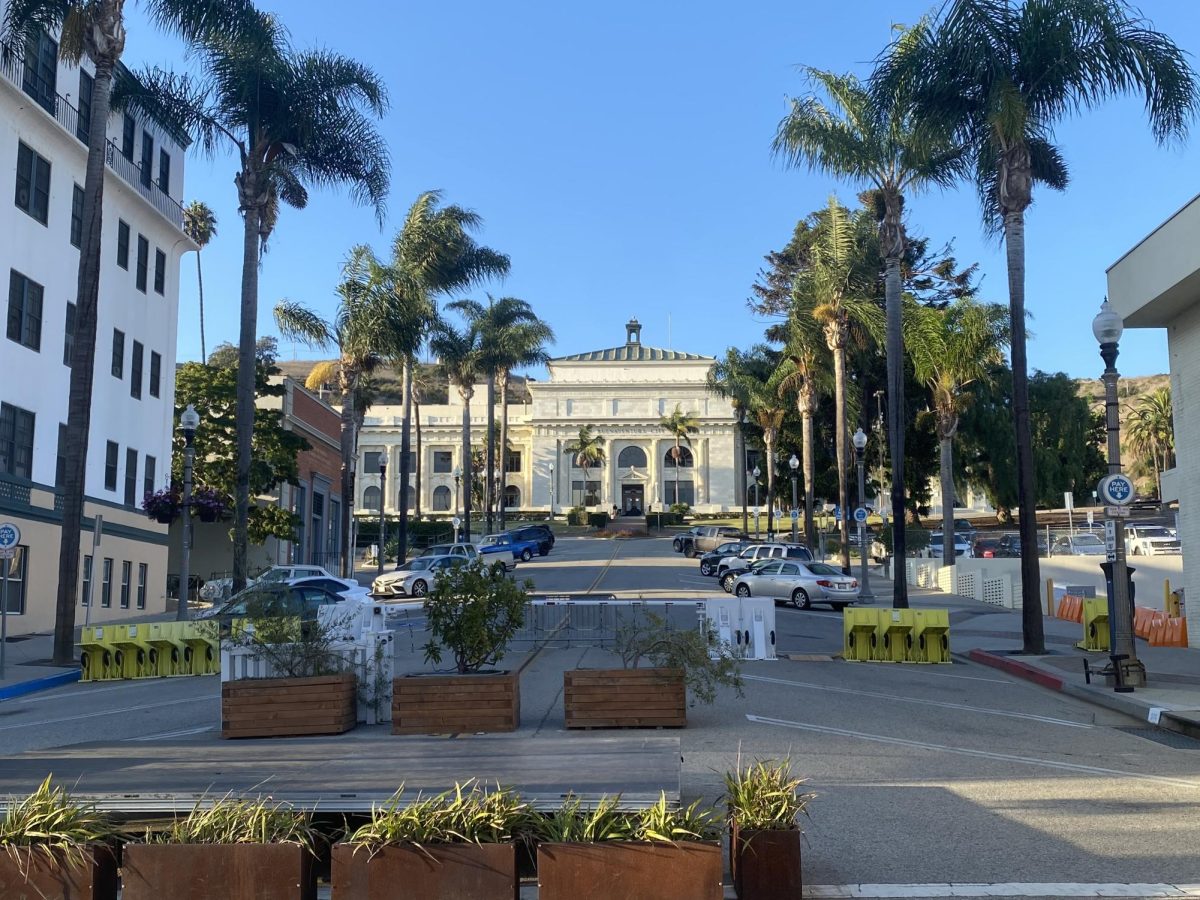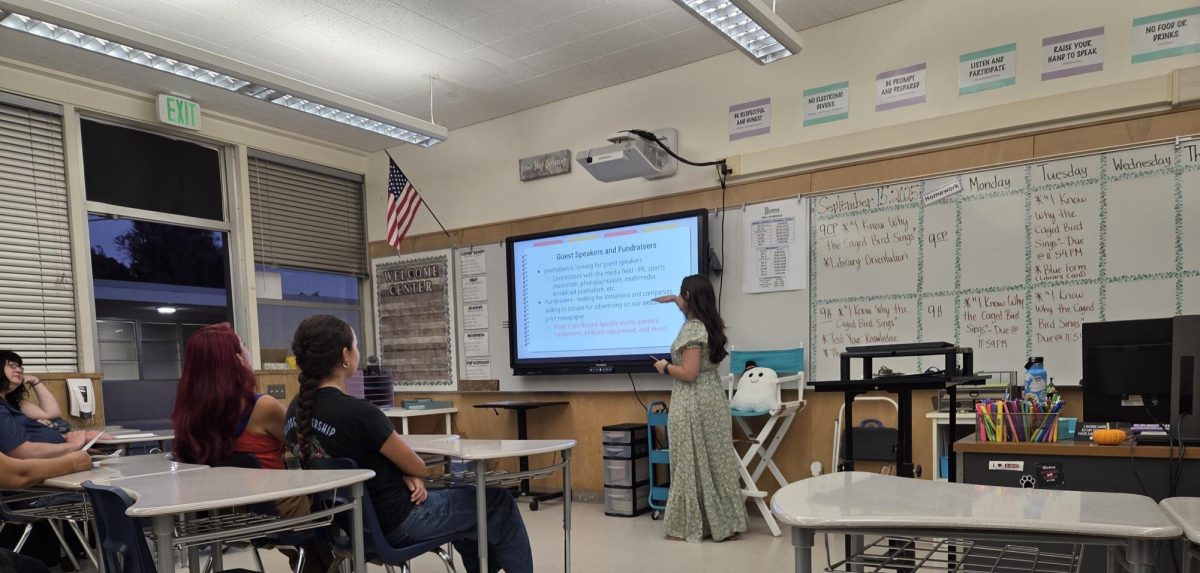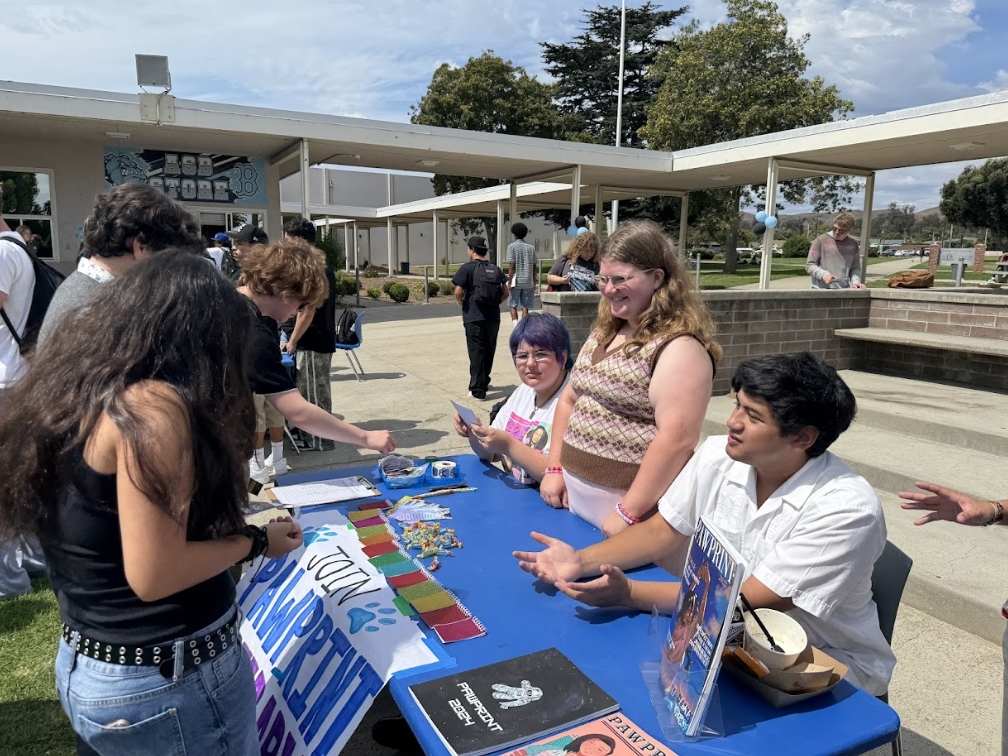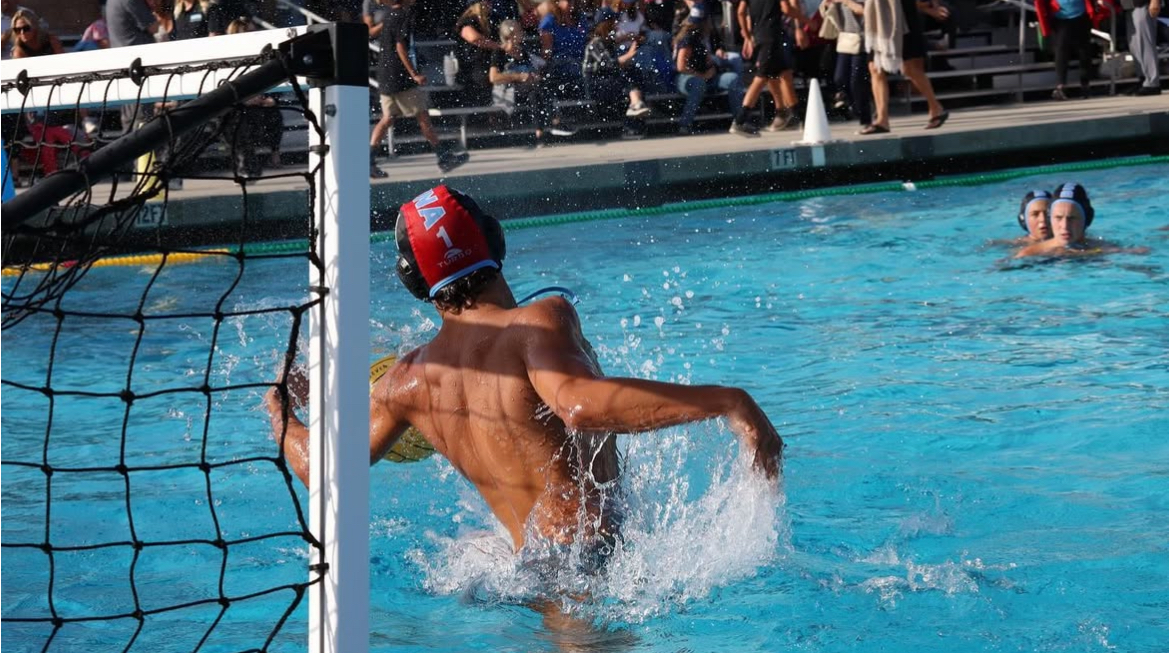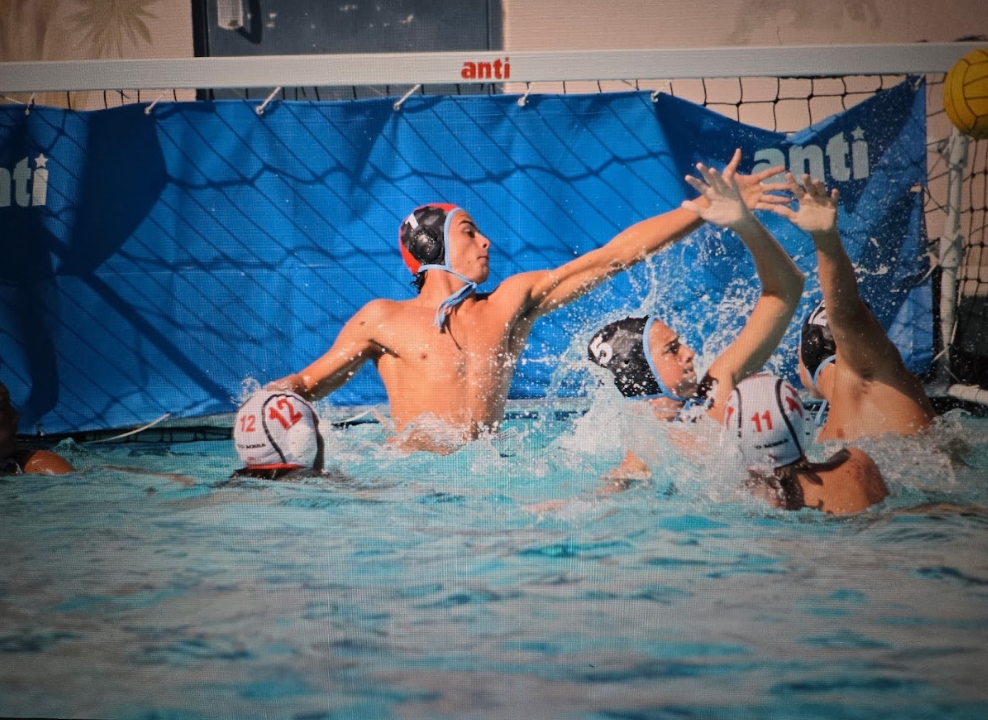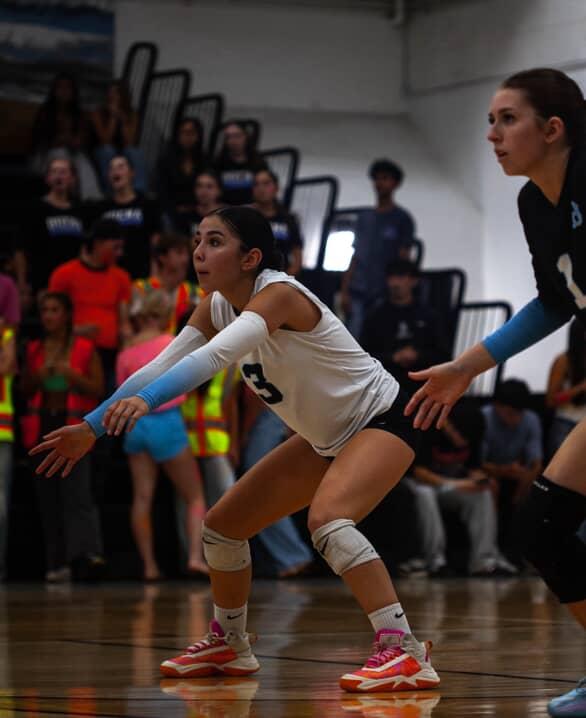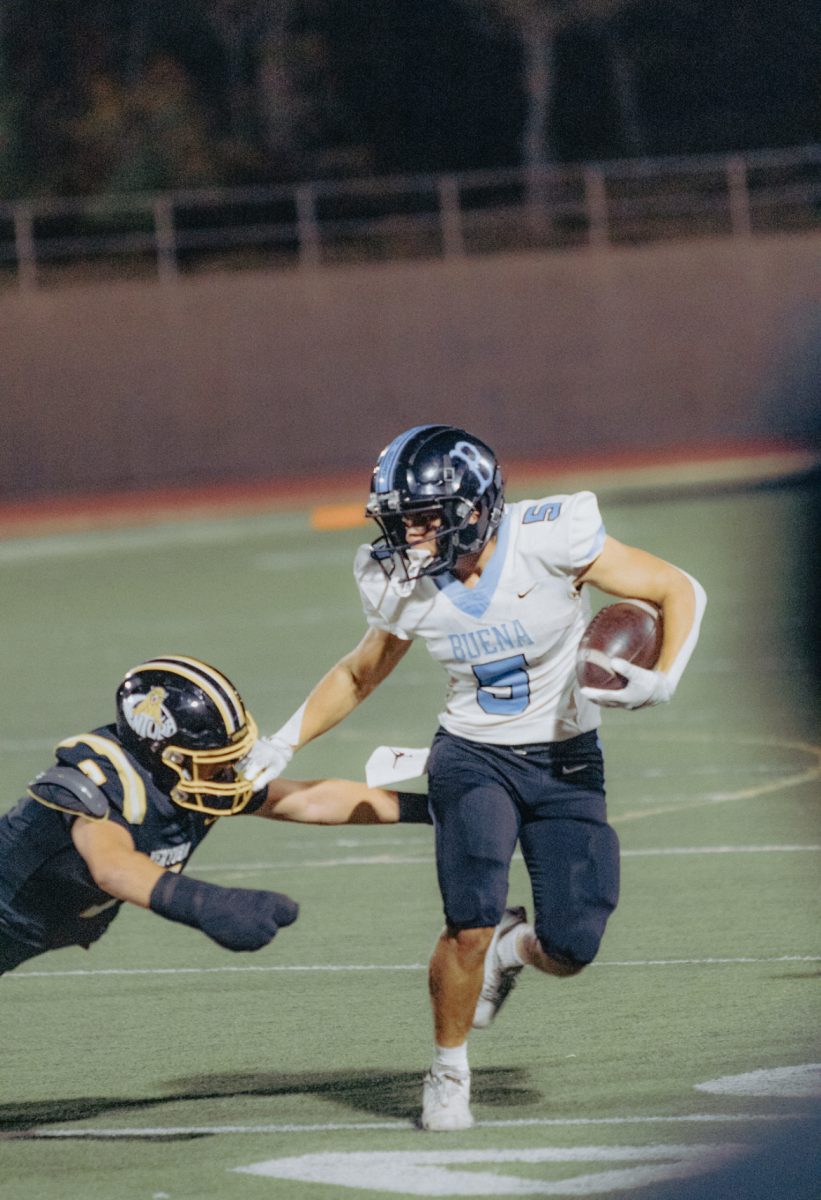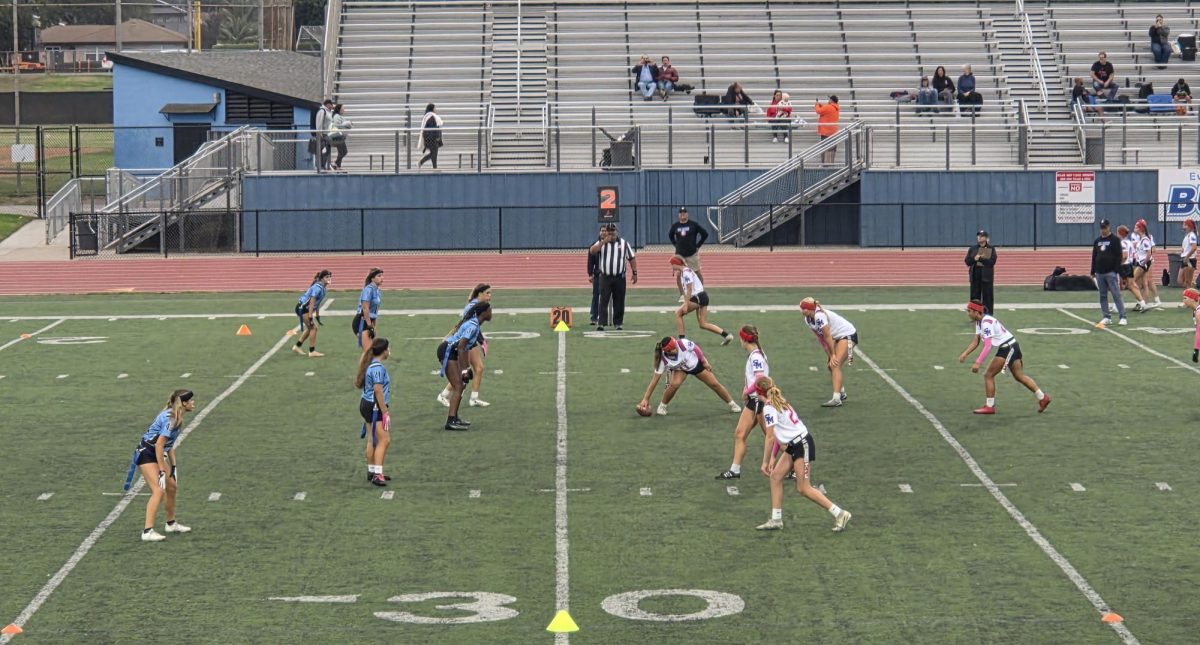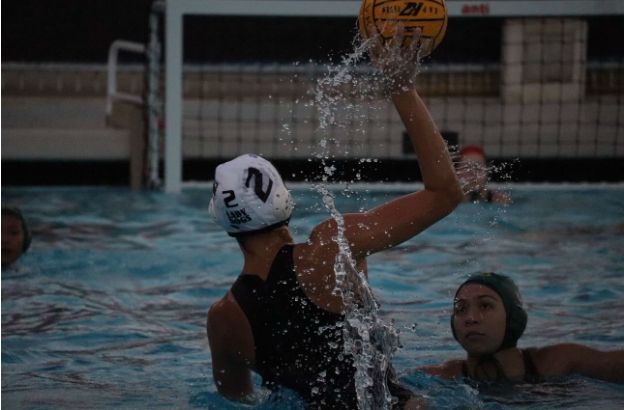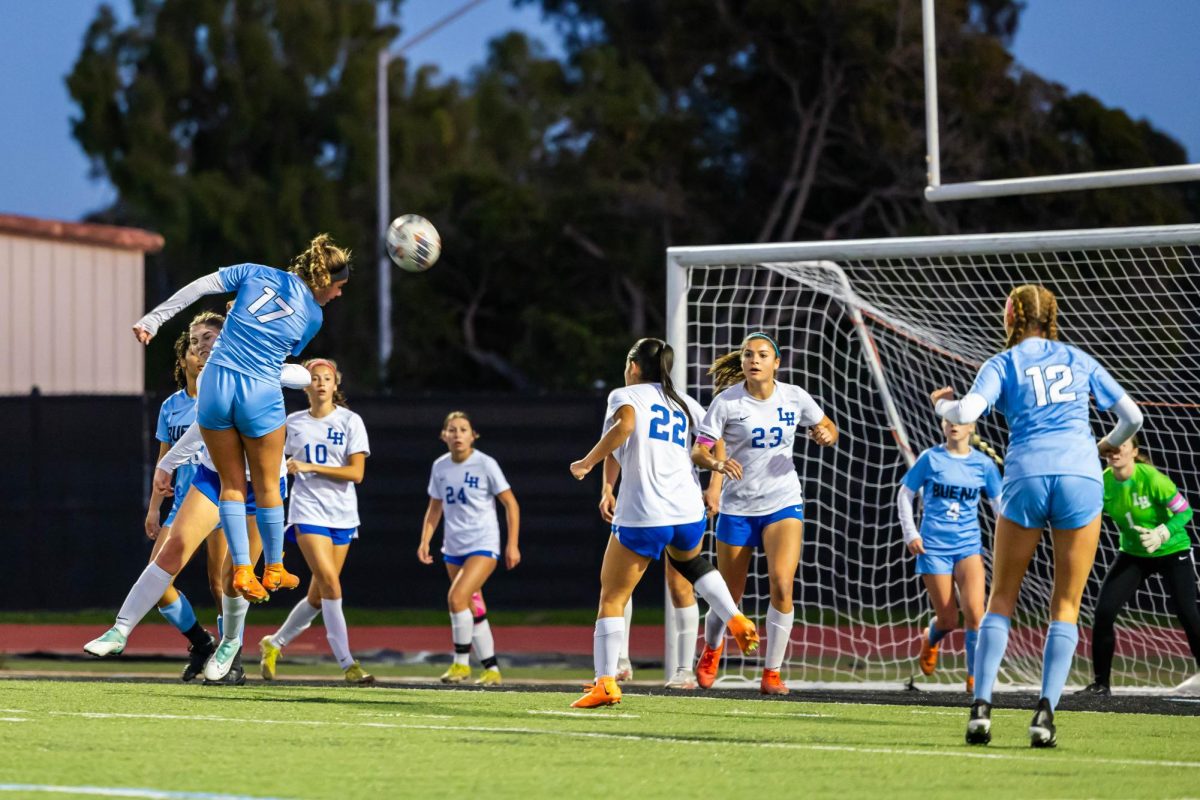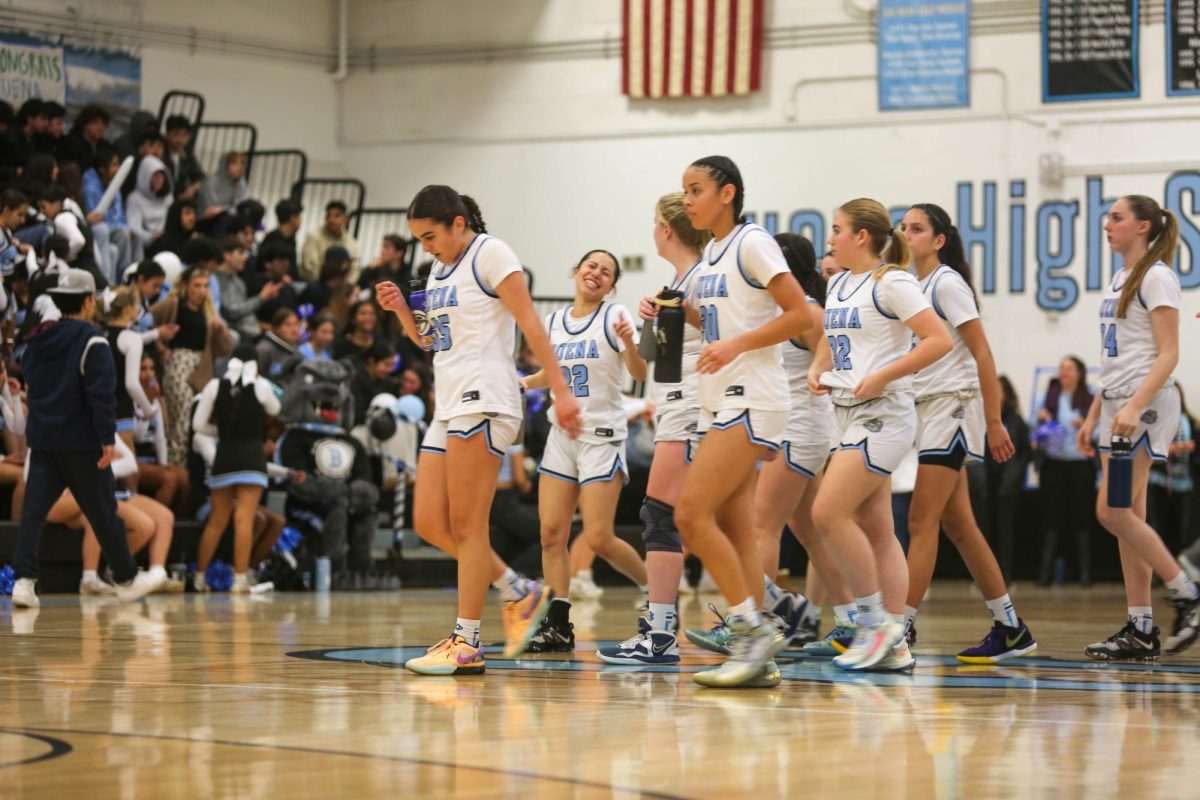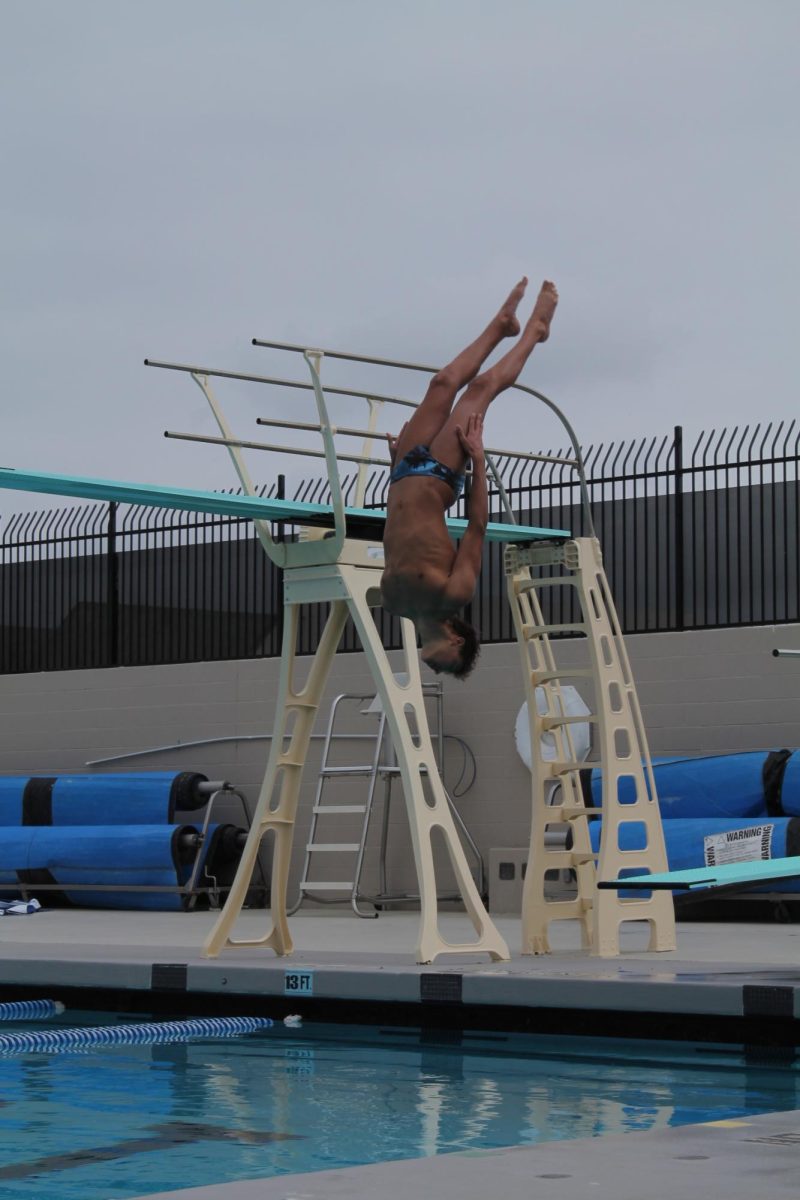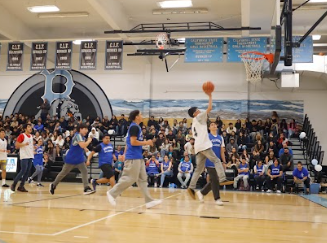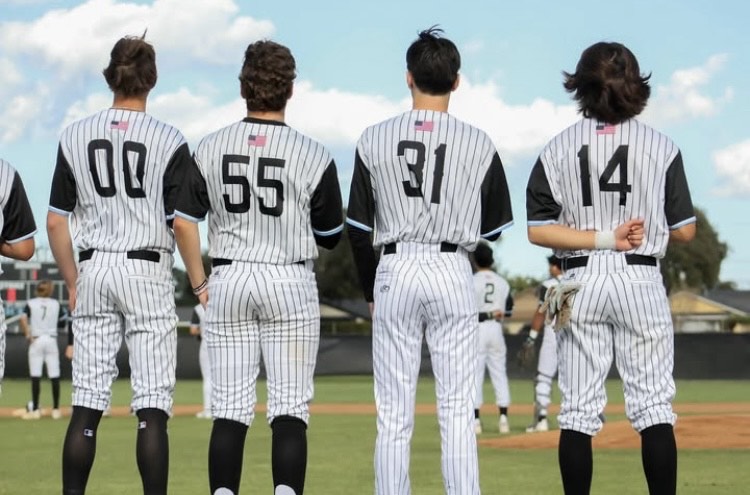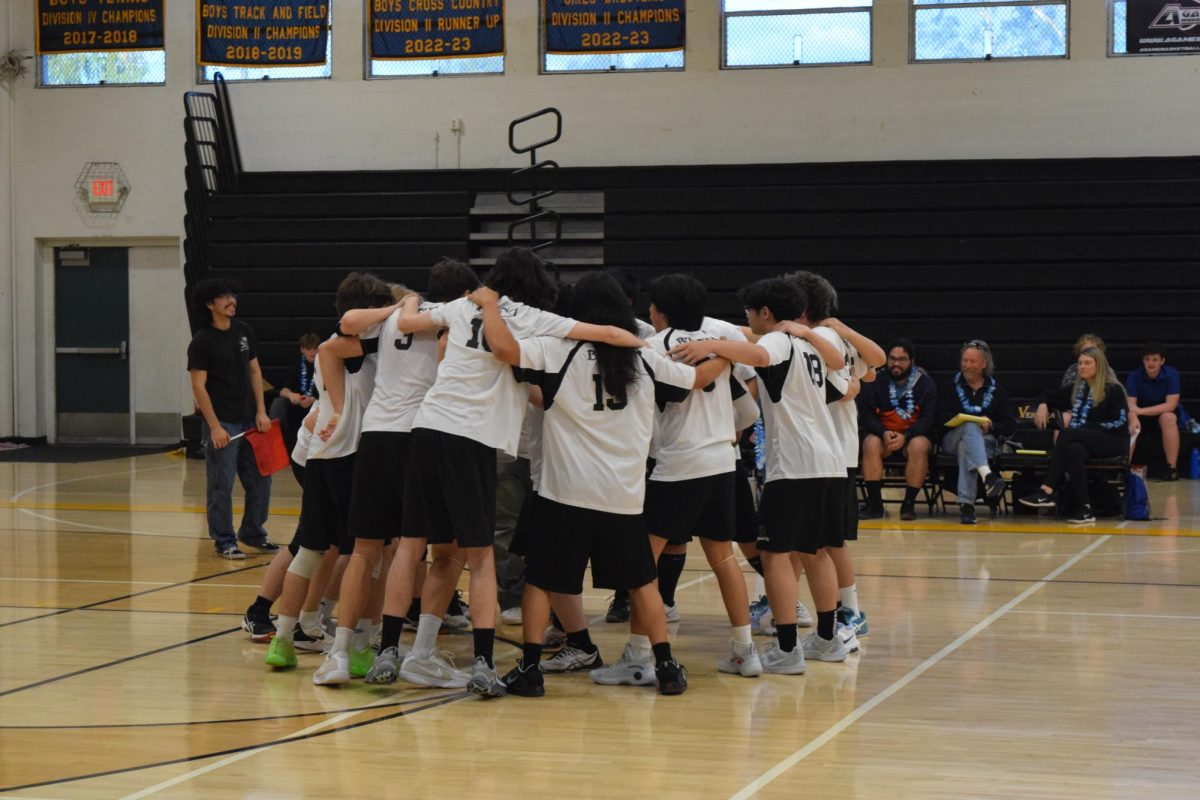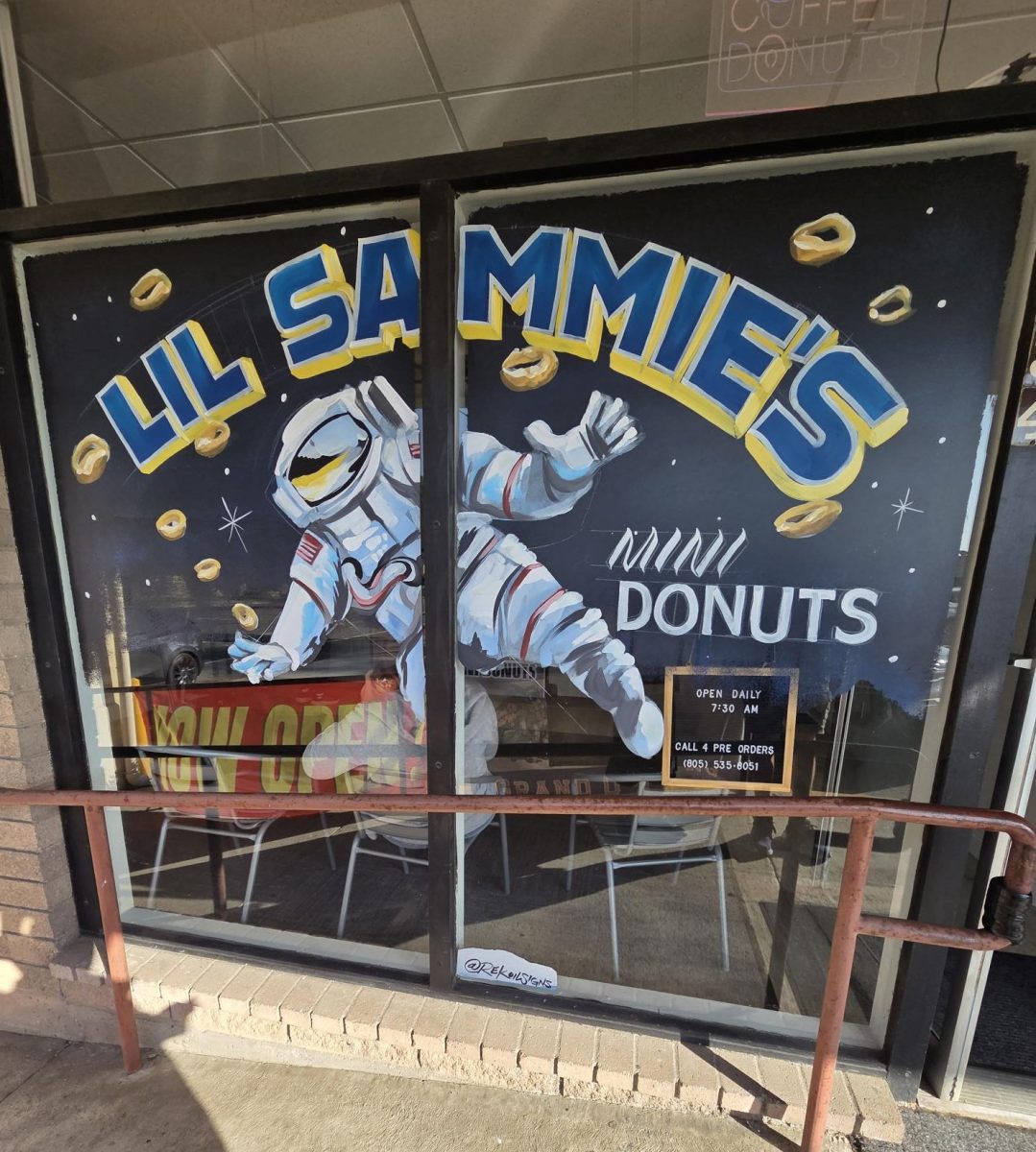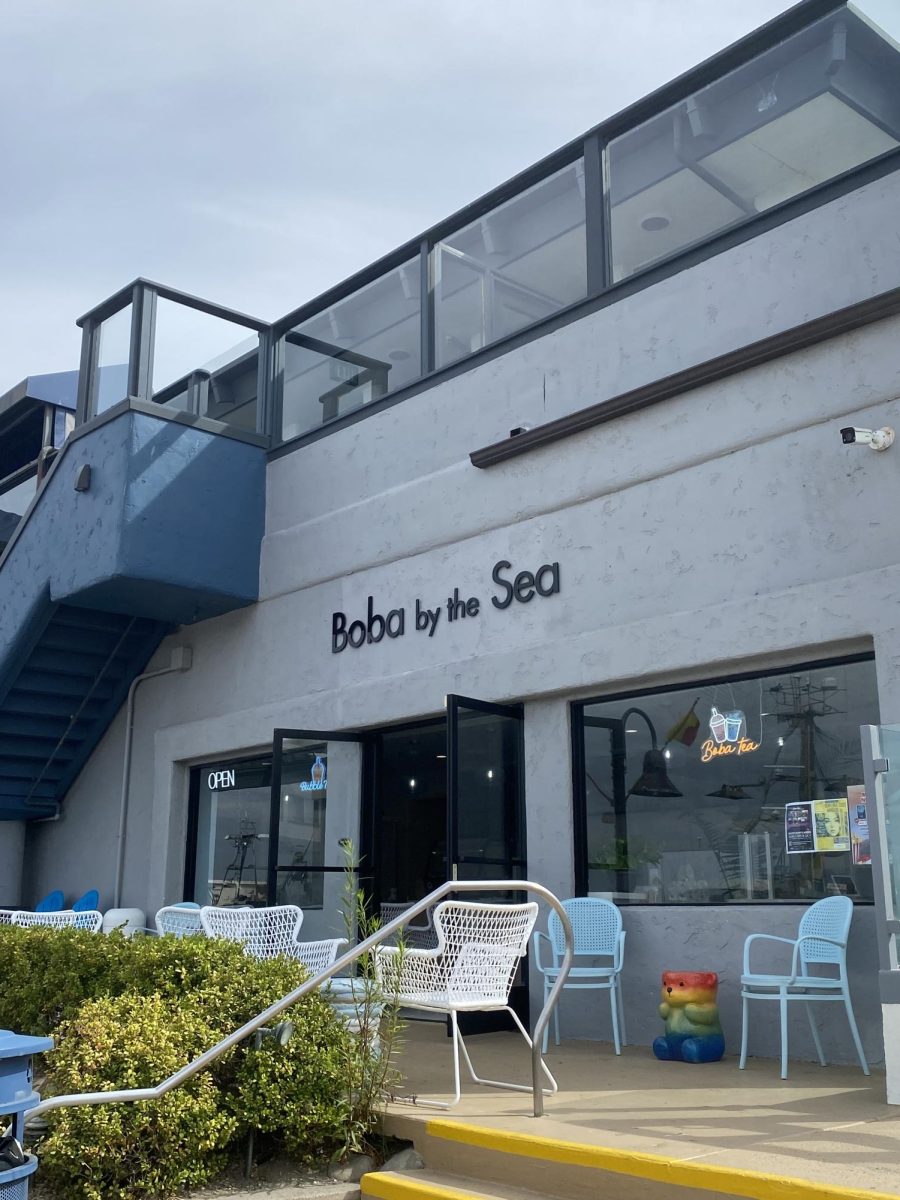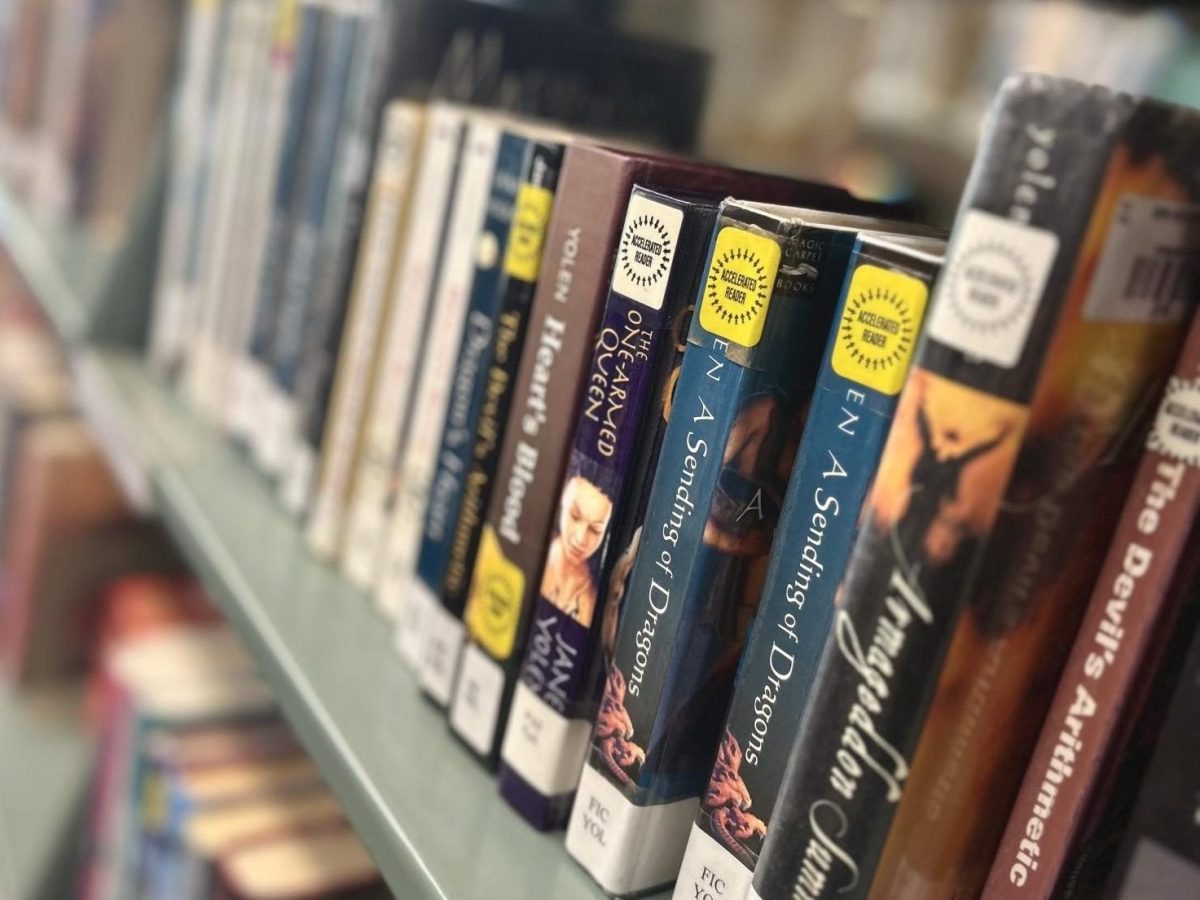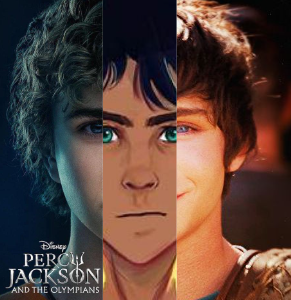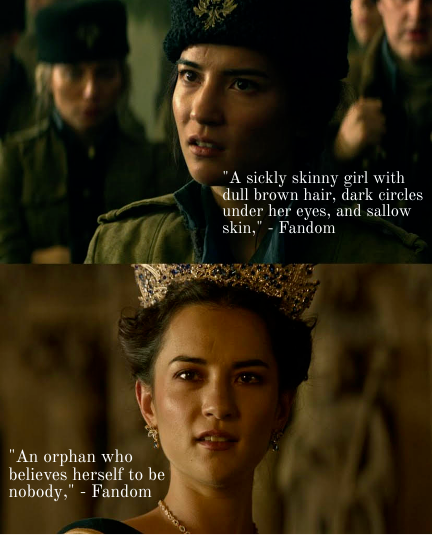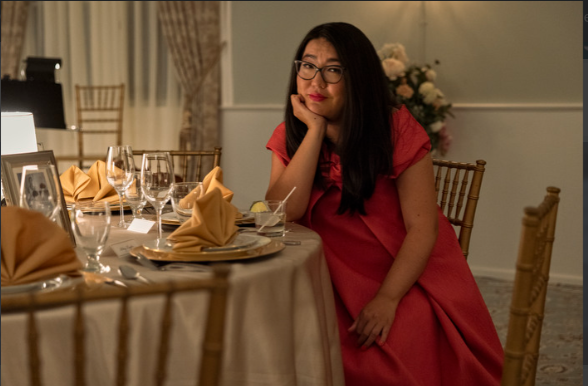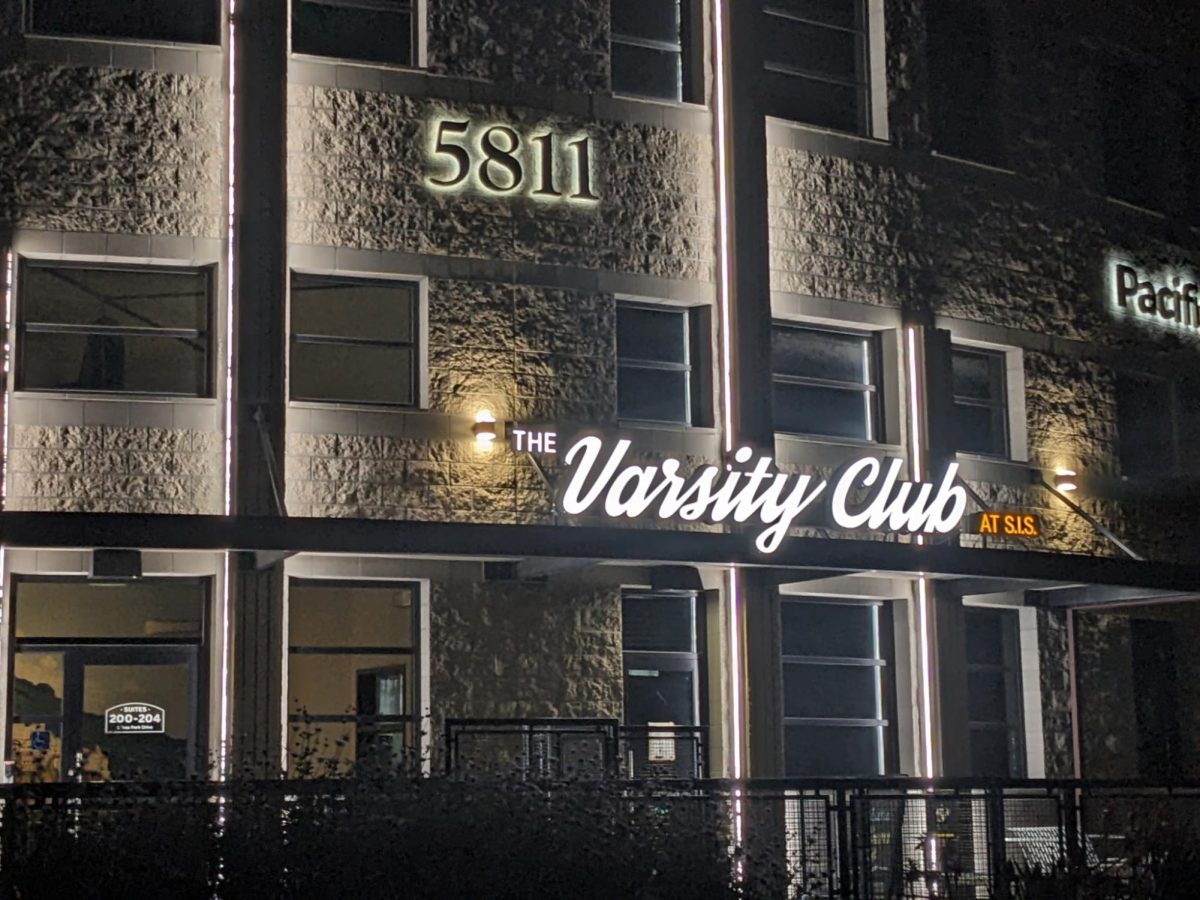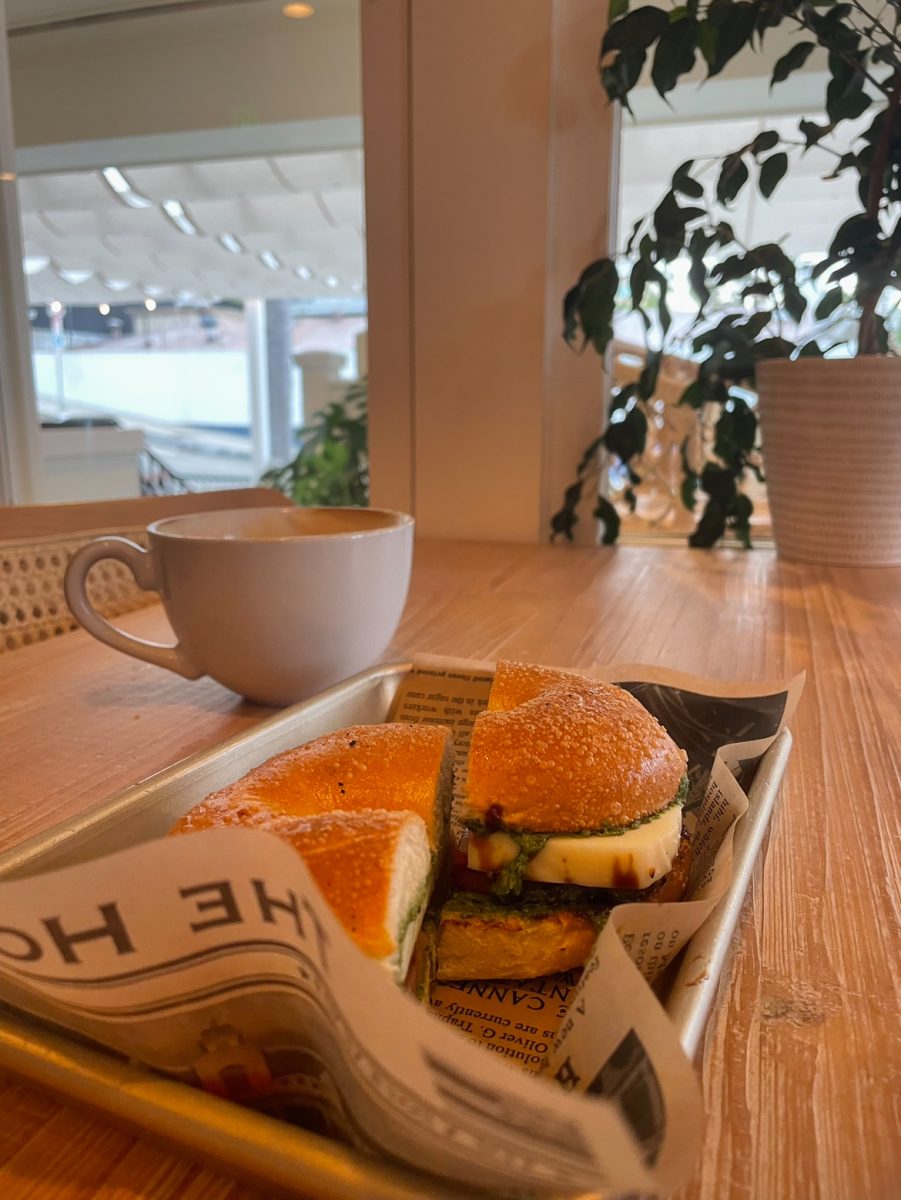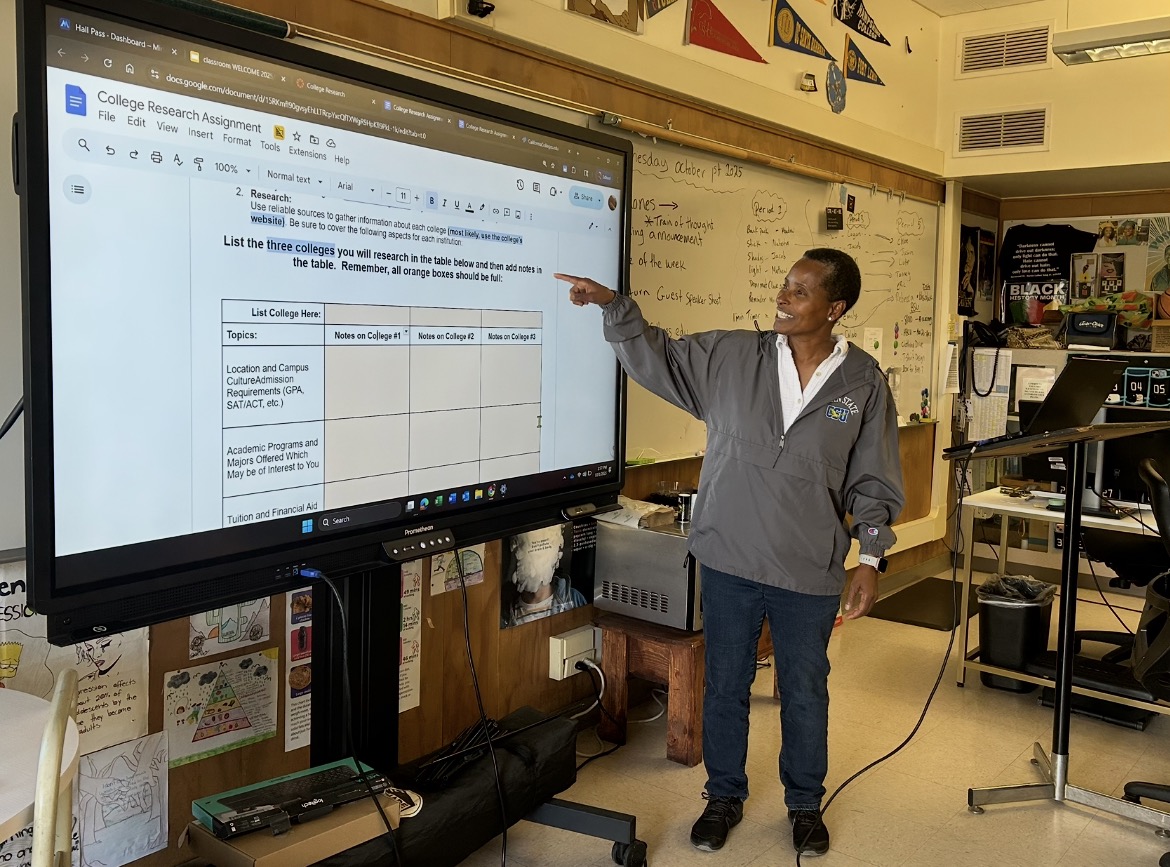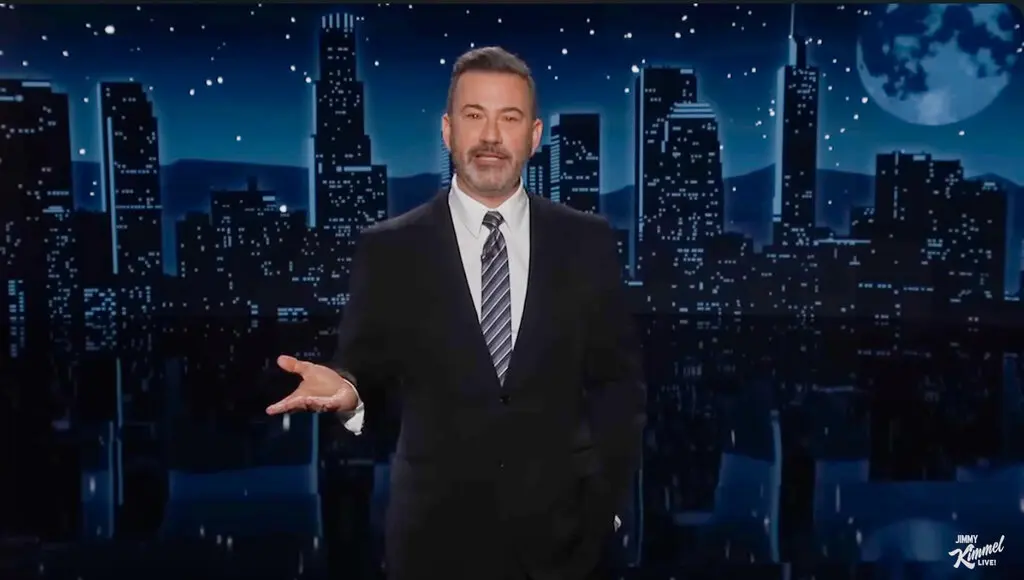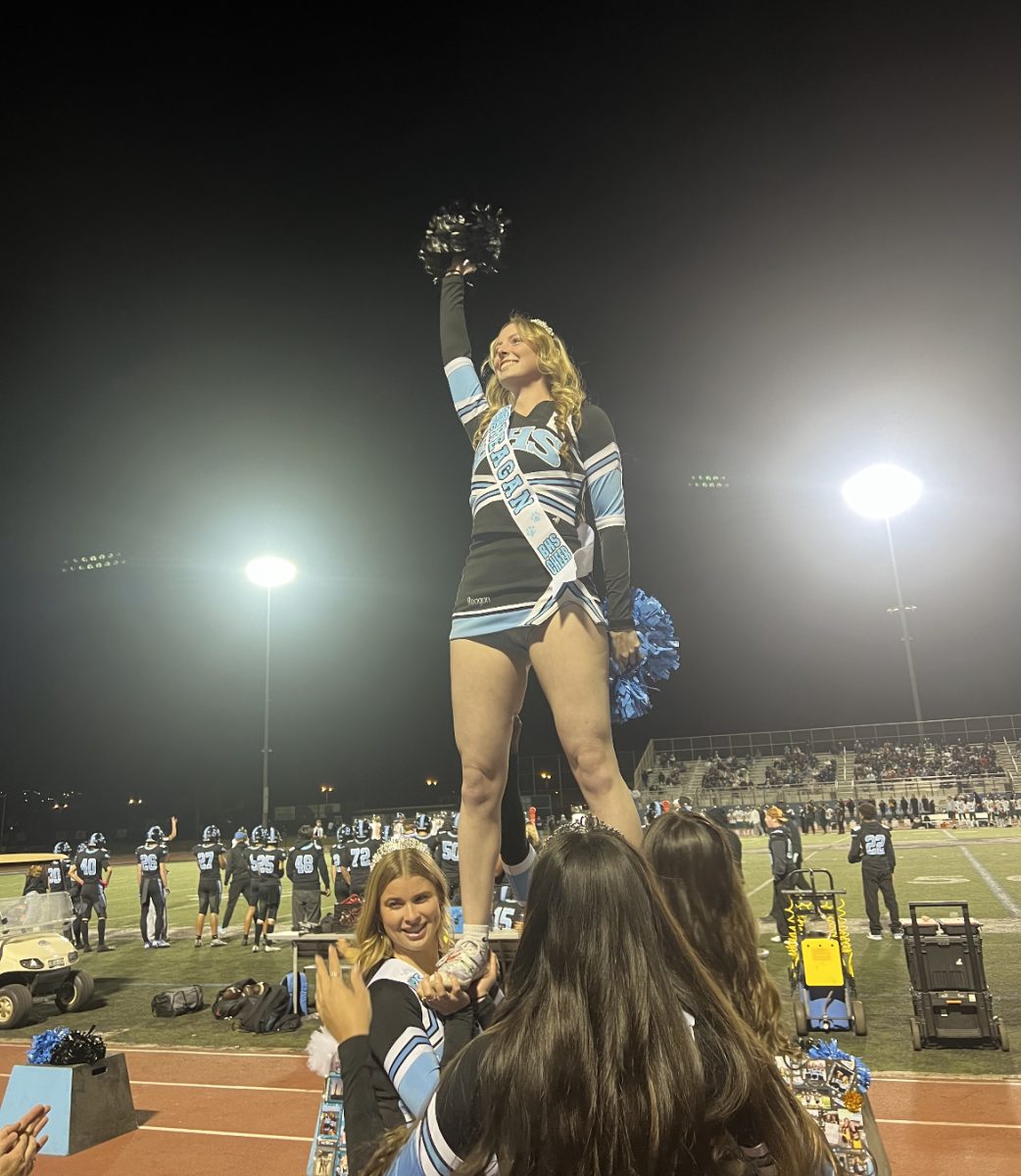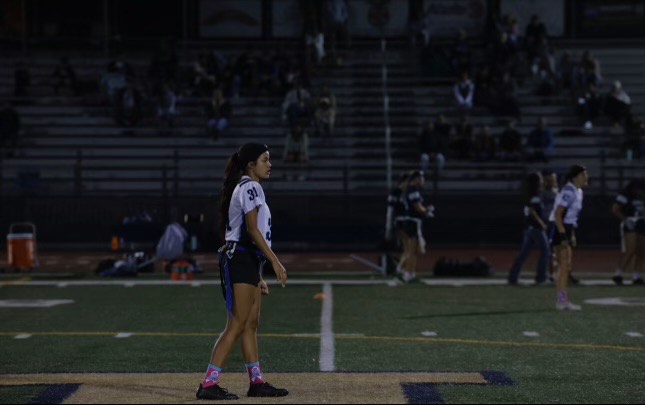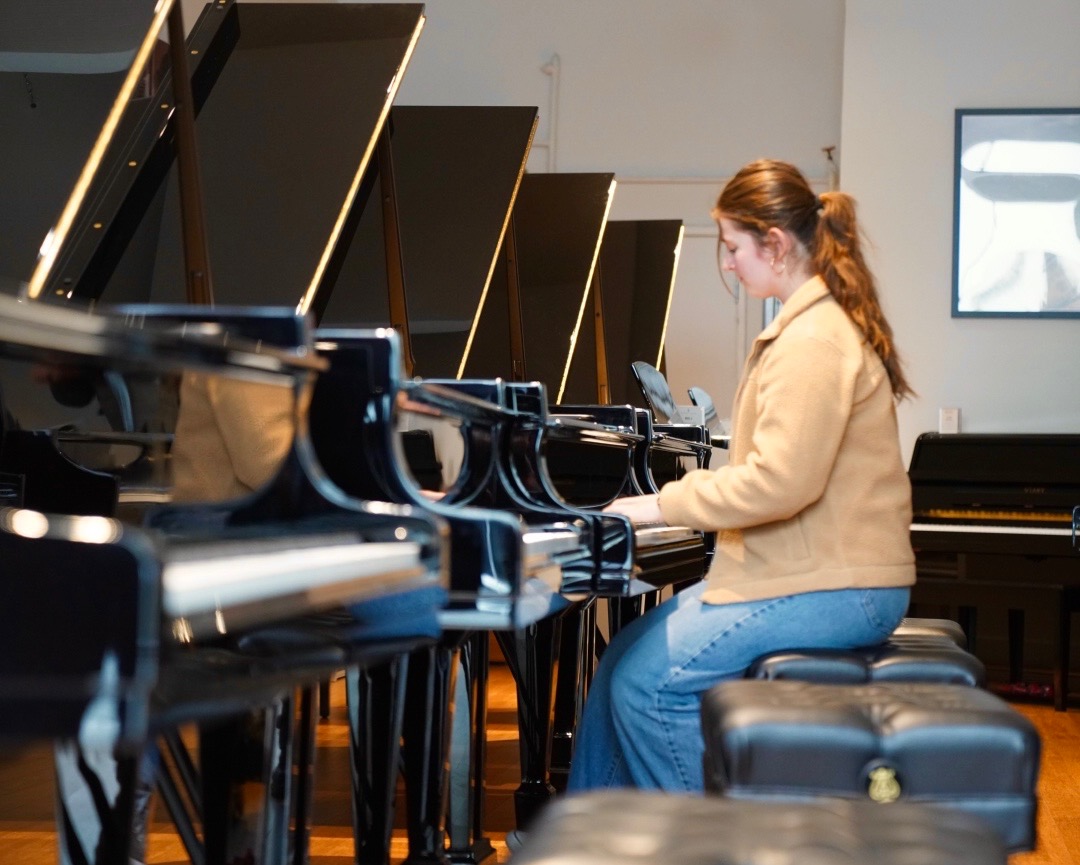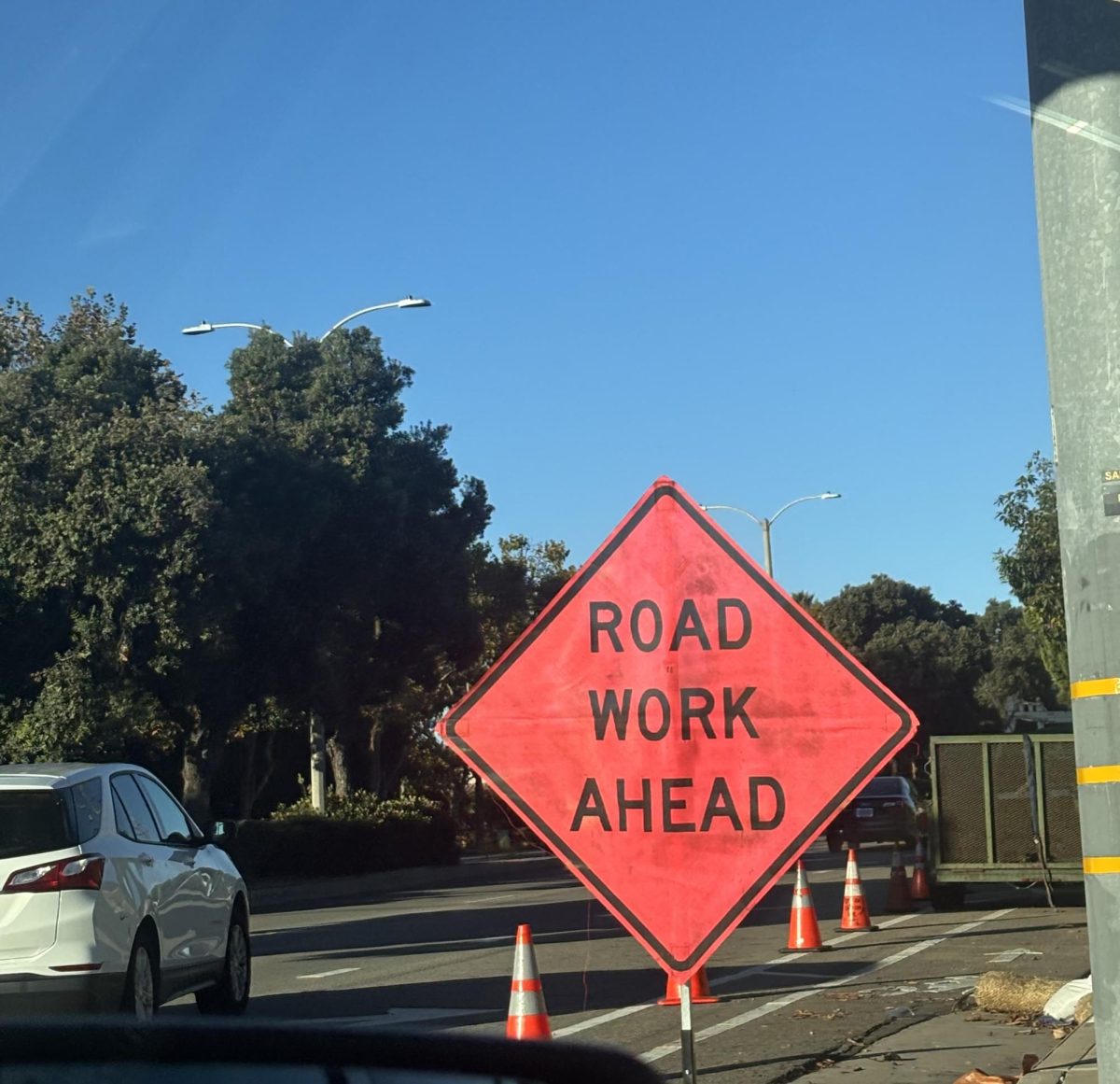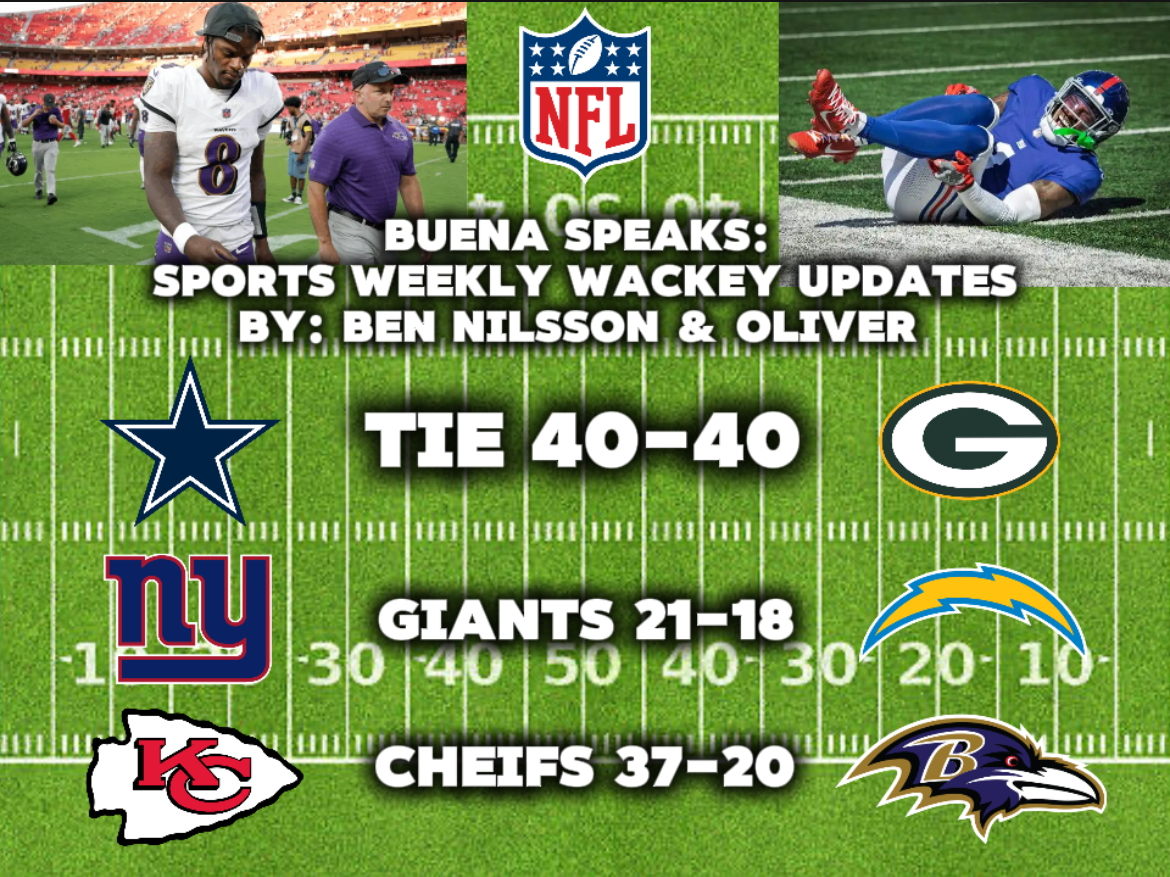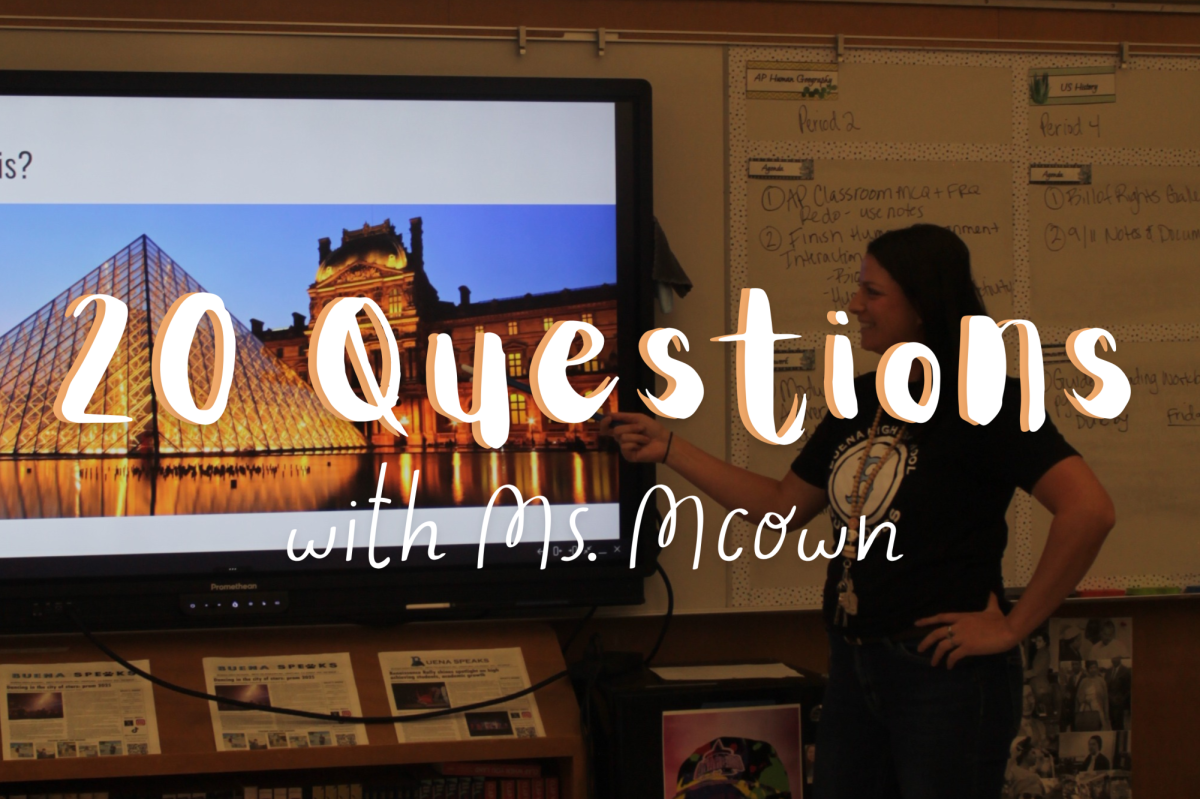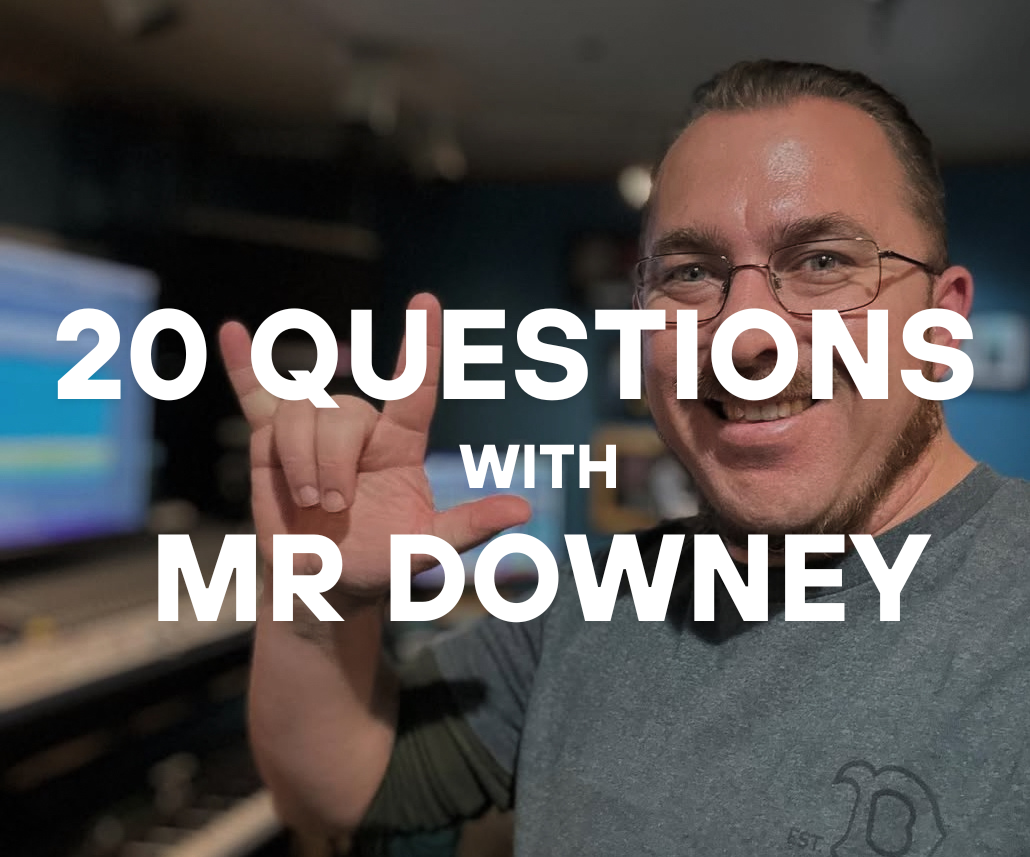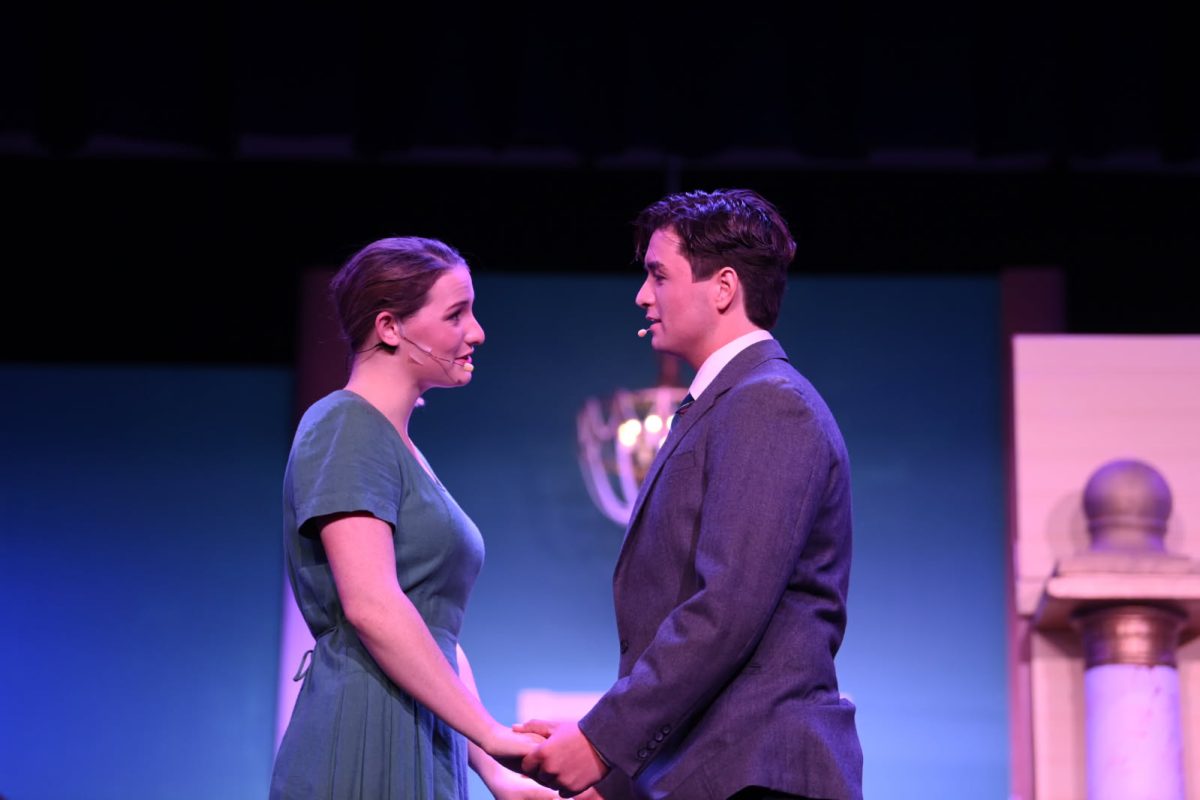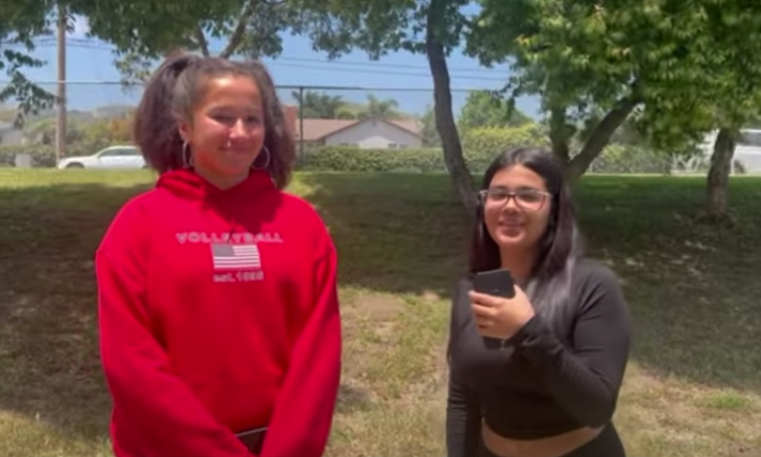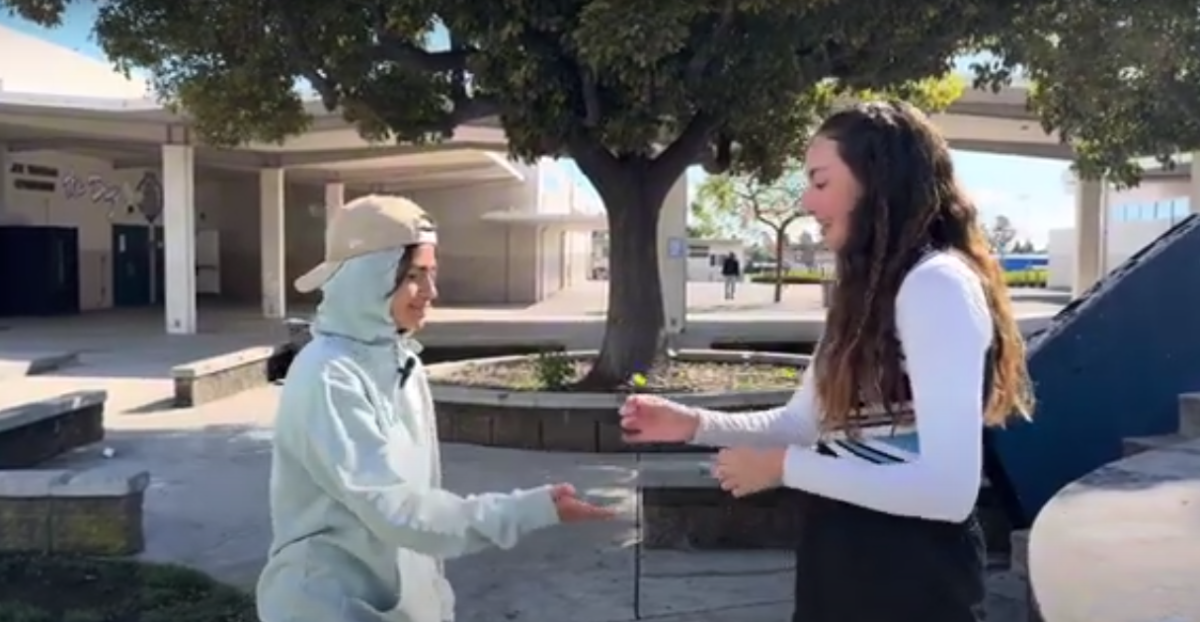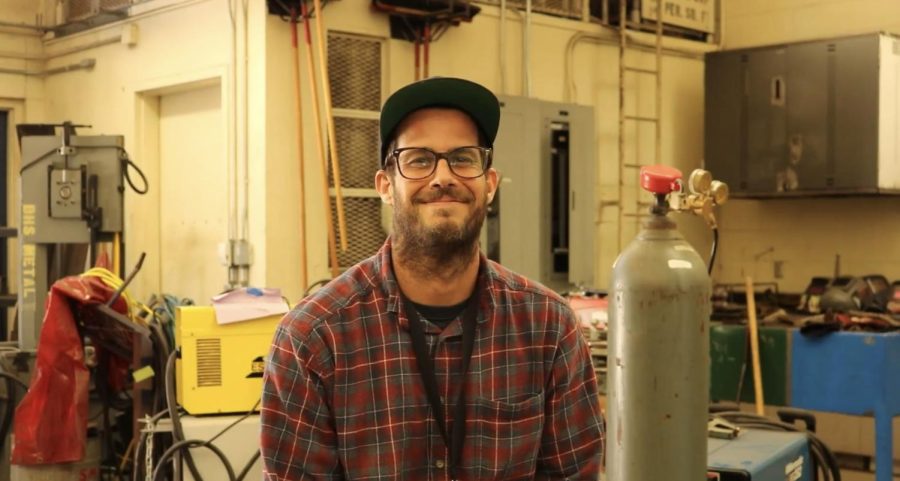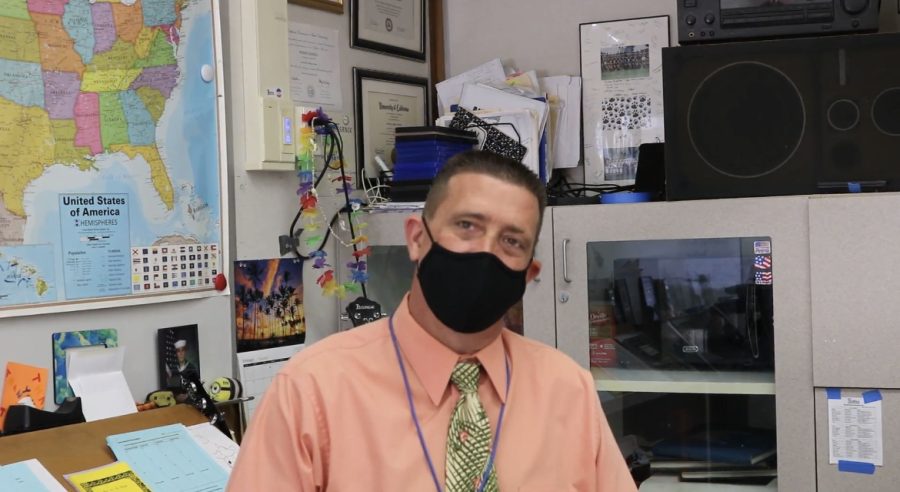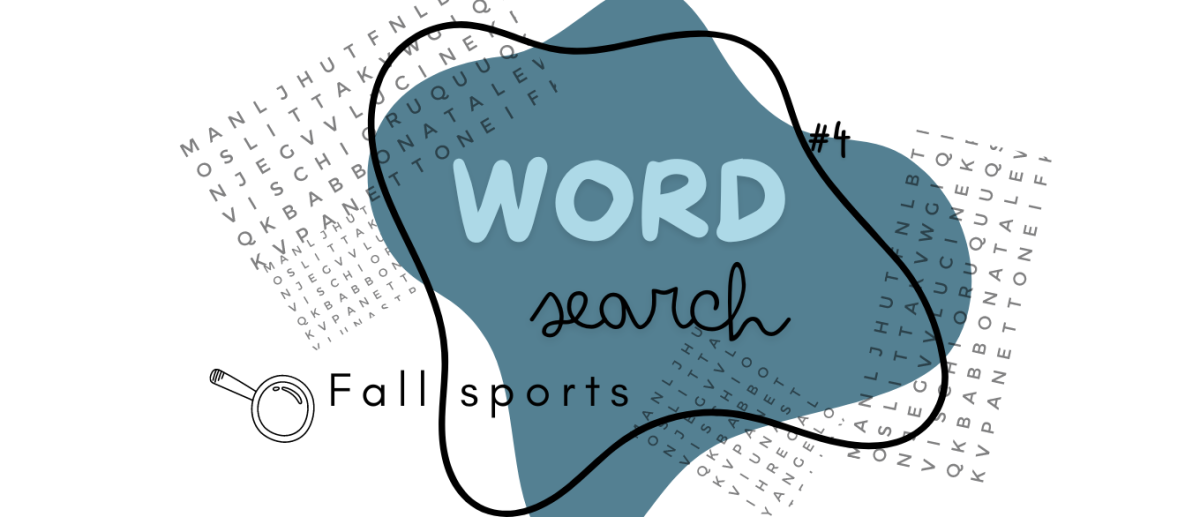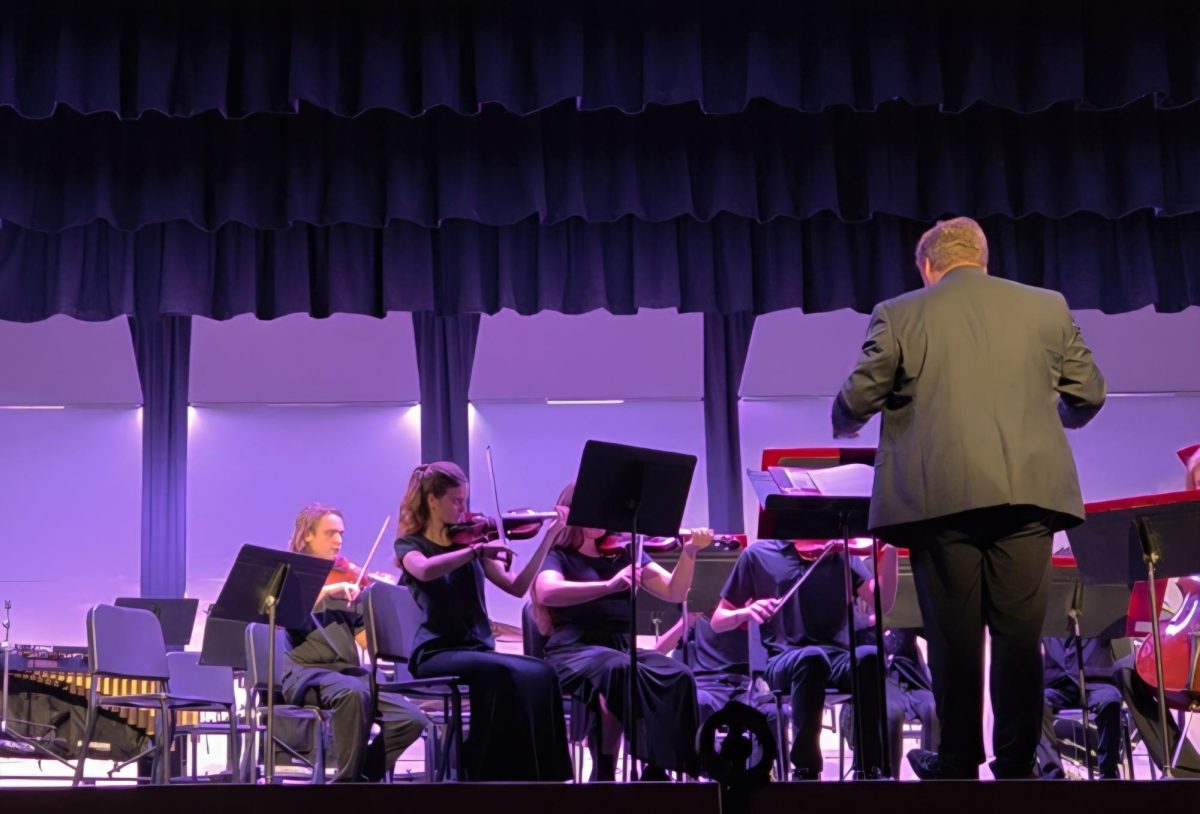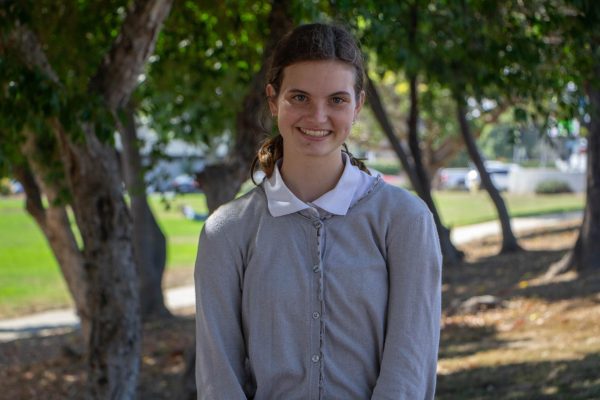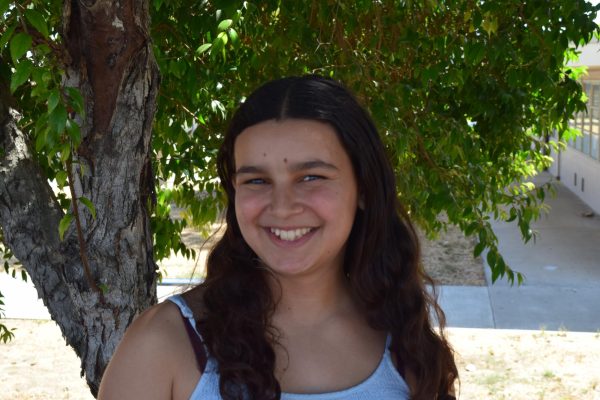The audience settled into their seats in Buena’s McConnell Auditorium. The lights dimmed. Backstage, students were tuning their instruments and waiting for their cue to file onstage. This was Buena Music’s end of the year concert on May 30, 2025, starting at 6 p.m. The event marked the close of the year, and was the last concert seniors would attend as students.
Strings One opened up the night with three pieces – Burst!, Moonlit Skies and Ventus. Most of the students in the ensemble had picked up their instruments for the first time just this year, yet Strings One played with an enthusiasm and energy that perfectly matched their vibrant personalities.
Burst! was a highly enthusiastic piece, with a fast tempo and upbeat rhythms. In contrast, Moonlit Skies was a much slower piece, with calming melodies slowly crescendoing to loud, peaceful ones. Ventus, the last piece of String One, was the most difficult of the three. WIth interesting rhythms, the impressive sound carried al l throughout the room, finishing off with a dramatic ending.
The next ensemble to perform was Concert Band, which was also comprised of relatively new players. They played three pieces as well: Night Fury, Rippling Watercolors and Defying Gravity. Night Fury was a dramatic piece, relying heavily on the percussion section. Major scales were frequent in this lively piece. Rippling Watercolors was much slower and lived up to its name, painting a picture in the audience’s minds. Starting soft, it grew to be more lively and went back down to slow and soft at the end. Defying Gravity was the last piece played by Concert Band and was easily a crowd favorite. With a strong beat, the piece differed slightly from the original, but was amazing nonetheless.
With a break in the middle from the ensembles, a trio consisting of a violin, a flute and a clarinet played Ave Maria, a peaceful sounding piece with a beautiful melody. All students were advanced players, and their instruments blended well together.
Strings Two played next, with a grand mix of five different pieces, starting with Sinfonia and ending with Perseus. Sinfonia was a fast paced, energetic song, with exciting melodies. Next was Ein Kline Nachtmusik, a popular Mozart piece which was grand and classic, with sudden changes in volume. Next was Marche Slav by Tchaikovsky. This was a much darker piece, described by band director Taylor Duchai as a “funeral march.” Adagio was the next piece played, which was a slow one, but showcased complicated techniques with tonality, lyricism, and the full sound of an orchestra. Perseus was the last piece this group played. Although they initially were to play it with Ventura High School’s orchestra, unforeseen circumstances made this impossible.
Wind Ensemble was the last group to play that night, with a collection of five songs to be performed. Trombone King was lively, giving the vibe of a regal circus performance, with sudden shifts in mood. The Typewriter came next, with an actual typewriter used on stage. It was mostly a duet between the typewriter and a clarinet. This unusual piece piqued the audience’s interest. Blue Footed Waltz was the third piece played – and was composed and conducted by junior Stevie Fischetti.
“It’s very interesting to see something I wrote in my room, like on my bed, being performed by this amazing band [comprised of] all these people I know. I think the fact that it was played by these people I know just made it so much more rewarding. It made me really proud of myself and everyone else as well,” Fischetti said.
Blue Footed Waltz was dramatic, with sudden changes in volume and showcased the talent Buena has to offer. You Will be Okay came next, with solos by a trumpet and a trombone. It was a slower piece, but with calm and beautiful harmonies, which blended perfectly with the soloists. The final piece of the night, Teufelstanz, fast and cohesive. It moved back and forth from dramatic to calm, never dropping in tempo until the very end. With incredible speed, the band finished up the night, bowing to thunderous applause.
“When they’re put under pressure to create something musically, they can do it. But if they have a reason to do it and a want to do it together, they can do anything,” Duchai said.

